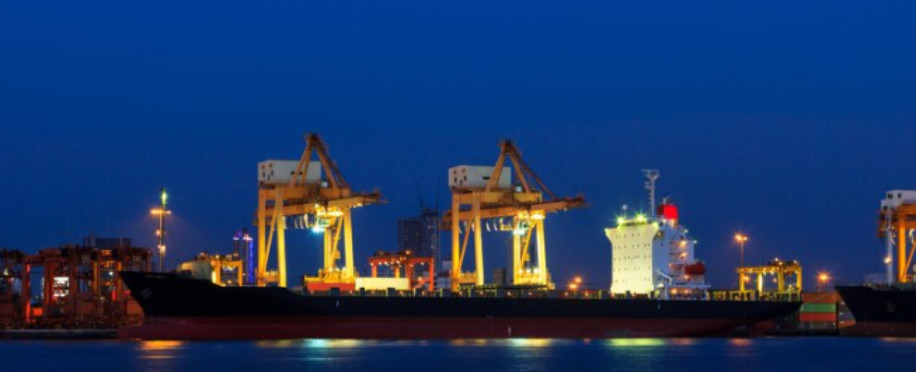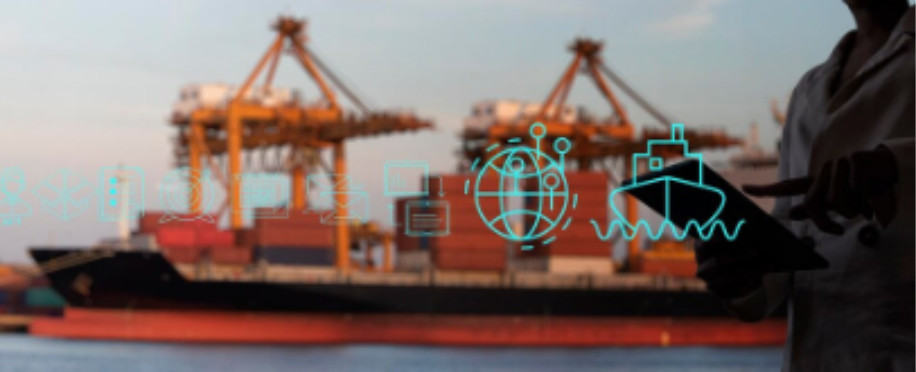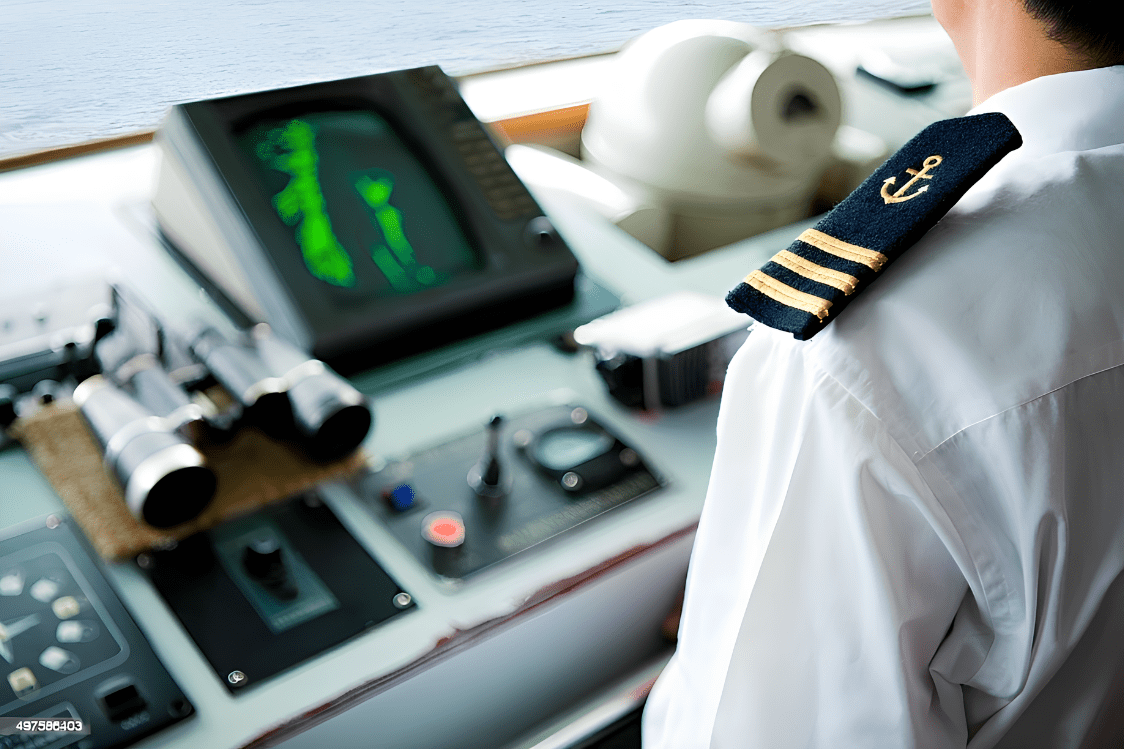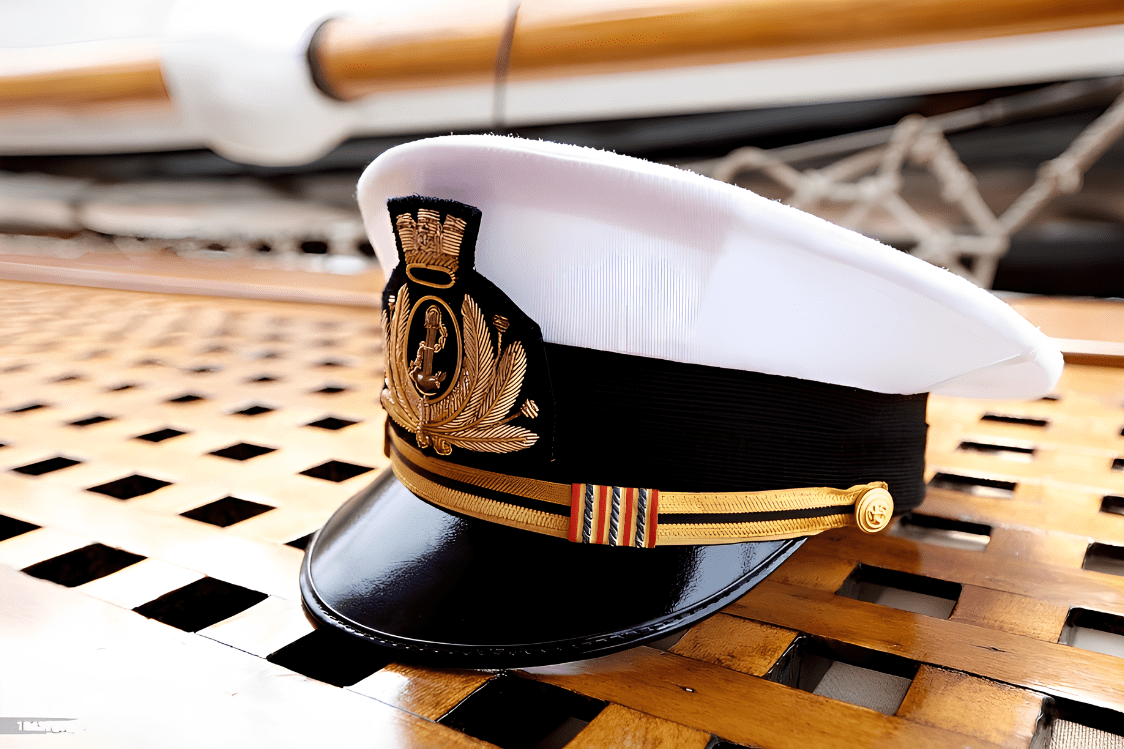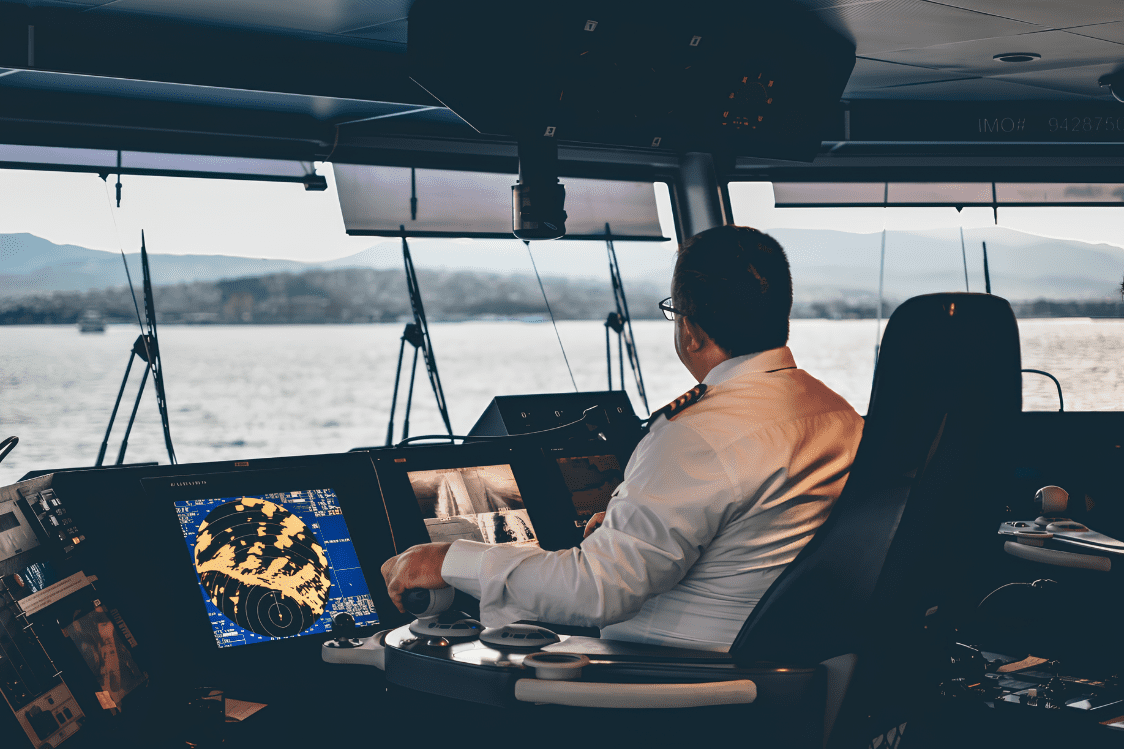Types of Maritime Contracts: From Charter Parties to Bills of Lading

Posted on Nov 15, 2024 at 10:11 PM
Maritime contracts play a pivotal role in the shipping and maritime industry, governing the complex interactions between various stakeholders involved in the transportation of goods over water. Understanding the different types of maritime contracts is essential for anyone involved in maritime operations, from shipowners to freight forwarders and legal practitioners.
This article explores the various forms of maritime contracts, their characteristics, functions and more
What are maritime contracts?
A maritime contract, like any other business contract, is a jurisdiction deal made between two or more parties that establishes legally binding and enforceable obligations. At its core, a contract represents a promise or a series of promises that the law acknowledges as a responsibility, and in the case of disputes could be the source of litigation.
These agreements involve vessel owners and charterers defining the terms of cargo transport. Some of the most common types of marine contracts are voyage charters, which focus on specific trips, space charters for partial cargo usage, and time charters which grant control over a vessel for a defined period.
How does maritime law work?
Maritime law, also known as admiralty law, is a federal body of law that governs activities conducted on navigable waters, including oceans, seas, and rivers. As the title suggests, it contains clauses that address matters of the sea, for example, commercial activities, including shipping, chartering vessels, and the liability of carriers. However, it goes beyond that to include commerce, contractual agreements, commission and even employment. While the nature of maritime law is similar to any other law, it's far more extensive and harder to study and learn.
Here's how it works:
- It regulates Shipping in all its aspects.
- It manages types of Contracts like charter parties and bills of lading, outline agreements between shipowners and charterers about transporting cargo.
- It leaves no choice for disputers: If conflicts arise, maritime law provides mechanisms for resolving them, often through specialised courts or arbitration. This helps ensure fair treatment for everyone involved.
- Safety and Environmental Protection: Maritime law also focuses on how to navigate safely at sea while protecting the marine environment.
Charter Parties
Now that you know about maritime law, the supreme court that governs maritime contacts, it's time to dig deep into a selection of offshore standard maritime contracts.
Charter parties are one of the most significant types of maritime contracts, primarily relating to the government of ship leasing. These agreements specify the terms under which a vessel is chartered, including duration of navigation, freight rates, and the responsibilities of both the charterer and the shipowner as well as provisions against any dispute. There are two main forms of charter parties:
Time Charter
In a time charter, a shipowner agrees to lease a vessel to a charterer for a specific period. The charterer has operational control and is responsible for the expenses associated with running the ship, including fuel, crew, and port charges. However, the shipowner retains ownership of the vessel and is generally responsible for maintenance and repairs.
Voyage Charter
Conversely, a voyage charter involves the lease of a vessel for a single voyage between specified ports. In this arrangement, the shipowner takes on more responsibilities, including the cost of operating the ship during the journey. The charterer pays a lump sum or a rate per ton of cargo transported.
Freight Contracts
Freight contracts are agreements that detail the terms under which goods are transported, specifically focusing on the payment for transportation services. These contracts can specify rates, payment schedules, routes, and conditions concerning delays or damages to ships.
Key Elements of Freight Contracts
On the subject of freight contracts, here are a few elements clients need to know:
- Freight Rate: The cost of transporting cargo, which may be calculated per ton or as a flat fee.
- Liabilities: Outlines responsibilities for losses, damages, or delays during transit.
- Insurance Requirements: Specifies any necessary insurance the shipper must secure.
Contracts of Affreightment
A contract of affreightment is an agreement between a shipper and a carrier for the carriage of goods in bulk over a specified period. Unlike charter parties, which are focused on specific vessels, contracts of affreightment may involve multiple shipments over time.
Indemnity contracts
Should it all come to disaster, there's the question of who's going to pay the bills. Well, indemnity contracts are just the type of contract lawyers need! They are crucial for managing risks associated with the transportation of goods and crew safety. These agreements ensure that one party will compensate another for equitable losses or damages related to maritime activities. For example, a shipowner may require a charterer to indemnify them against claims arising from cargo damage or injuries to the crew during loading and unloading.
Why should you know about maritime contracts?
For all attorneys looking to gain experience in shipping, getting familiar with maritime contracts is a smart move! These contracts are crucial for navigating the industry, and taking maritime law courses in UK can boost your skills and create exciting career opportunities.
One final thought
As we navigate the various types of maritime contracts, it becomes evident that each plays a distinct yet interconnected role in the broader landscape of maritime commerce. From charter parties that establish the foundational leasing agreements for vessels to bills of lading that facilitate cargo delivery, understanding these contracts is paramount for industry success.
